New York, November 22, 2022 – The number of unique intermediaries PE firms source deals from is at an all-time high, according to analytics from the recently published 2022 Deal Origination Benchmark Report (DOBR) from Sutton Place Strategies, by Bain & Co. (SPS).
The data indicates that the median number of unique intermediaries sourced from in 2022 has increased by 9% from the previous period, with the median number of deals sourced per advisor being 3.1. This coincides with a record-high period for deal flow, which has risen by 21% compared to 2021.
The report, released annually each fall, uses last-twelve-months (LTM) data for the year ending June 30, 2022. It provides detailed analysis on sponsors’ deal sourcing strategies relative to peers, allowing firms to gauge the effectiveness of their origination efforts and identify specific areas for improvement in the year ahead.
Each SPS client receives a custom DOBR comparing its market coverage to the overall industry and a peer group of similar private equity firms, defined by target investment criteria.
The 2022 edition includes results from 166 qualified PE firms segmented into 8 different peer groups, and it indicates that firms saw an average 18% of their target market deal flow – a slight increase in market coverage from last year.
This increase in the proportion of relevant deals sourced, set against a backdrop of abundant deal flow, suggests that the quality of deals seen during this period has remained intact.
Moreover, the median pipeline closing rate across all peer groups increased by 7%, signaling that firms are closing – not just sourcing – more relevant deals. The uptick in closed deals is largely attributed to a flood of add-on acquisitions, which have increased by a median of 67% from the year prior, while the number of new platforms has remained relatively flat.
Supporting the industry-wide surge in deals sourced is a growing prioritization of deal origination as a core practice of PE firms over recent years. The latest DOBR reveals that for the first time ever, on average, PE firms across all peer groups have dedicated business development professionals. The median number of BD professionals is up approximately 30% from the previous period.
The rising prominence of the business development role mirrors a growing adoption of deal sourcing data analytics and automation technology as a means to streamline origination processes and evaluate success, as well as a trend toward a more tightly-defined investment strategy.
While suggestive of overall market trends, the improvement in market coverage revealed by the 2022 DOBR is specific to a sample of firms already utilizing technology to hone their investment process.
As per the analysis, sector-focused, middle market funds saw the greatest increase in market coverage and the greatest increase in deals sourced per intermediary. Conversely, generalist, middle market funds represent the only peer group to see a decline in market coverage, as well as a decline in deals sourced per intermediary.
One factor contributing to the success of sector-focused funds is the level of efficiency that data analytics affords firms with more refined investment universes. SPS clients have access to a recently upgraded data taxonomy created by parent company Bain & Co., with four defined tiers of industry segments and 485 subsectors on the most granular level.
“Over the past decade, SPS’ annual DOBR analysis has helped both shape and shed critical light on the importance of PE deal sourcing,” said Nadim Malik, Founder and CEO of SPS, by Bain & Co.“Contrary to the results, many PE firms still believe they’re seeing a large portion of deals in their target market. Based on our clients’ feedback and the ever-changing landscape of deal activity, this year’s edition illuminates valuable new insights into what’s working today to increase market coverage. What we’re seeing is a growing trend toward a more sector-focused investment strategy.”
Private equity firms today are challenged to source quality deals efficiently, and alongside more competition than ever. While deal flow volume and quality are highly dependent on factors outside of individual firms’ control, private equity funds are empowered to minimize the risk of missing relevant deals by continually re-assessing and optimizing their origination efforts.

